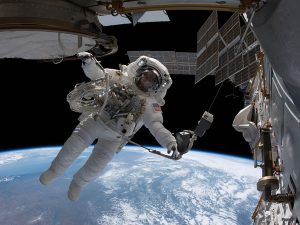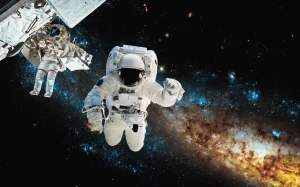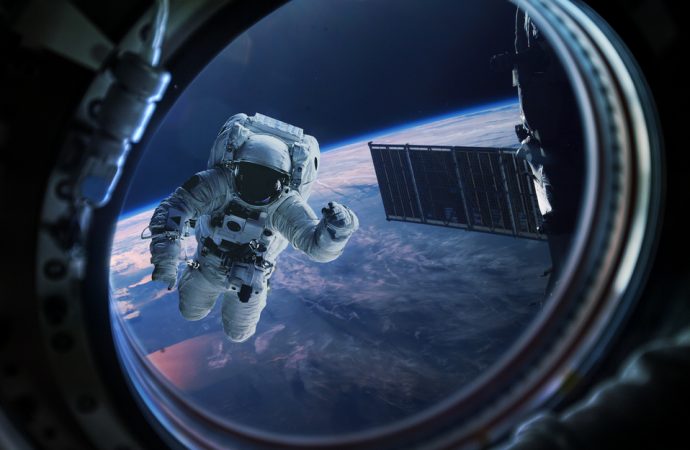Introduction: As humanity’s exploration of space reaches new heights, the need for regulation of space technology becomes increasingly apparent. Industry advisers are sounding the alarm, highlighting the importance of establishing frameworks to govern the use of space technology and ensure safety and sustainability beyond Earth. Regulating Space Technology Join us as we delve into the
Introduction:
As humanity’s exploration of space reaches new heights, the need for regulation of space technology becomes increasingly apparent. Industry advisers are sounding the alarm, highlighting the importance of establishing frameworks to govern the use of space technology and ensure safety and sustainability beyond Earth. Regulating Space Technology Join us as we delve into the rationale behind these calls for regulation and explore the implications for the future of space exploration and commerce.
1. Managing Orbital Debris:
One of the primary concerns driving the call for regulation of space technology is the proliferation of orbital debris. As more satellites, spacecraft, and other objects are launched into orbit, the risk of collisions and the creation of additional debris increases. Regulation is essential to establish guidelines for responsible satellite deployment, debris mitigation measures, and debris removal strategies to prevent the escalation of space debris and protect critical space assets.
2. Safeguarding Space Resources:

Image by: https://www. zocalo public square.org
With the growing interest in space mining and resource extraction, regulation is needed to ensure the responsible and sustainable utilization of space resources. Advisers emphasize the importance of establishing legal frameworks to govern property rights, mining activities, and environmental protection in space. By implementing regulations that balance innovation with environmental stewardship, humanity can harness the potential of space resources while minimizing negative impacts on celestial bodies and preserving their scientific and cultural value.
3. Mitigating Space Traffic Congestion:
As space becomes increasingly congested with satellites, spacecraft, and debris, the need for regulation to manage space traffic becomes critical. Advisers advocate for the development of traffic management systems and protocols to prevent collisions, minimize interference, and optimize orbital pathways. By implementing regulations that promote coordination, communication, and collaboration among space faring nations and organizations, humanity can ensure the safe and efficient operation of space assets and infrastructure.
4. Ensuring Spaceflight Safety:

Image by: https:/cloud front.net
With the rise of commercial spaceflight and the prospect of space tourism, ensuring the safety of space travelers becomes paramount. Regulation is needed to establish safety standards, licensing requirements, and operational protocols to mitigate risks and prevent accidents during spaceflight. By implementing regulations that prioritize passenger safety, training, and emergency preparedness, the space tourism industry can thrive while minimizing risks to human life and property.
5. Promoting International Cooperation:
Regulation of space technology also presents an opportunity to foster international cooperation and collaboration in space exploration and commerce. Advisers emphasize the importance of establishing multilateral agreements, treaties, and regulatory bodies to govern space activities and resolve disputes peacefully. By working together on shared goals and objectives, the international community can unlock the full potential of space exploration and ensure the peaceful and sustainable use of outer space for future generations.
Conclusion:
In conclusion, the call for regulation of space technology reflects the growing recognition of the need to ensure safety and sustainability as humanity ventures further into the cosmos. By regulating space technology, we can manage orbital debris, safeguard space resources, mitigate space traffic congestion, ensure spaceflight safety, and promote international cooperation in space exploration and commerce. As we embark on this new era of space exploration, regulation will be essential to balance innovation with responsibility and pave the way for a brighter future beyond Earth.
















